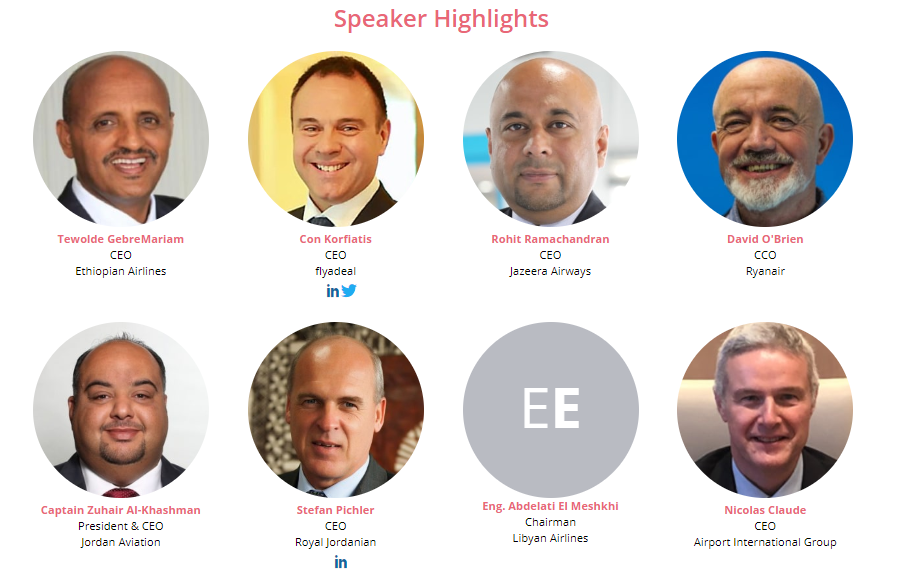Across the Middle East, LCCs had another year of robust growth in seat capacity in 2019, increasing by +9.3% - this is a slower rate than the double-digit rates that had been enjoyed for many years previously, but much higher than legacy airline capacity which lowered by -3.5%. LCC share of total seat capacity in the Middle East increased to 16.5% in 2019, from 14.9% in 2018.
In Africa, LCC seat capacity increased +13.3% in 2019, whereas legacy airline growth was only +2.6%. This is the seventh successive year in which LCC capacity growth has outpaced legacy growth. LCC share of total seat capacity in Africa increased to 17.5% in 2019, from 16.1% in 2018, and has almost doubled over the past decade.
As one the discussion topics at the forthcoming Middle East & Africa Aviation Summit 2020, CAPA - Centre for Aviation will explore this subject and question what is driving such large LCC growth in both regions, is it better to be independent or low cost subsidiary and what role airports play in the success of LCCs.
As the foremost authority on aviation in the world, CAPA - Centre for Aviation's events provide cutting edge knowledge about strategic market trends and dynamics to help attendees make informed decisions, delivering the information and connections needed to inspire and improve business. The CAPA Middle East & Africa Aviation Summit will take place in Amman (Dead Sea) in Jordan between 2-3 March 2020.
The summit will examine key commercial and operational issues affecting airlines and airports in the Middle East and Africa, focusing on both domestic issues and growth prospects in key international markets. CAPA will challenge leaders of the Middle East and African aviation industry to reflect on what is needed to drive the industry forward, using examples of innovation in outside markets as a benchmark to follow.
Winds of change are sweeping through Middle East and African aviation. The seemingly endless growth of the big three Gulf carriers, Emirates Airline, Etihad Airways and Qatar Airways, has changed direction with inevitably modest growth forecast for 2020. Saudi Arabia is moving to expand its global role with Saudia and its LCC subsidiary flyadeal, the imminent arrival of long haul narrow body aircraft will again shift the balance, as smaller gateways become available for direct service.
While Africa continues to lag behind the rest of the world's aviation markets, its growth opportunities are clear. In 2019, the region had the fewest annual seats, the smallest fleet of narrowbody and widebody jets, the lowest number of aircraft on order, and weakest passenger load factor of all world regions. Nonetheless, there are stirrings of growth and some changes in attitude towards market entry that give modest cause for optimism as the Single African Air Transport Market (SAATM) takes centre stage.
The CAPA Middle East & Africa Aviation Summit seeks to tap into the dynamic changes taking place in the airline industry in this part of the world and address the issues in creative and authoritative ways.
This event, hosted at the luxury Mövenpick Resort & Spa Dead Sea, is a forum for debate and discussion of this strategic issue within the aviation industry and it is attracting delegate interest from across the globe. It is a must attend for those seeking to do business in the Middle East & Africa, where they can gain first-hand inspiration from airlines, LCCs, airports, travel technology providers, OEMs and financiers.
FIND OUT MORE… visit the CAPA Middle East & Africa Aviation Summit homepage to find out more about this not-to-be-missed opportunity to discuss relevant issues impacting the aviation sector and learn meaningful insights from your industry peers.

